‘The Work of Christmas’ : Healing a Hurting World
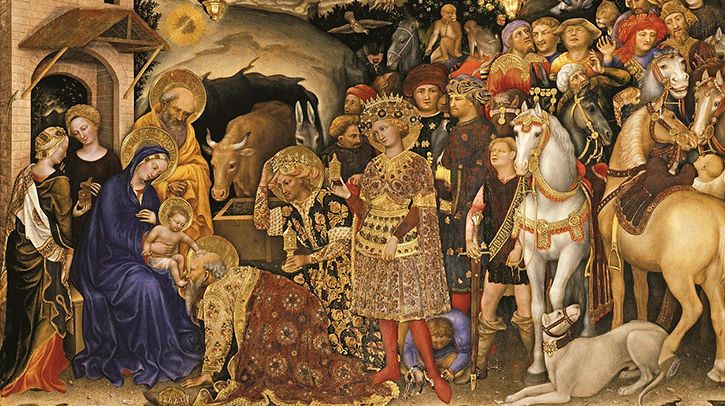
One of our greatest challenges as an organization is to identify how best to utilize finite resources. But it is also a gift. We have the privilege of being good stewards of the resources entrusted to us, by recognizing those most in need and focusing our relief and development initiatives to do the most good. We do this in close collaboration with our local church partners.
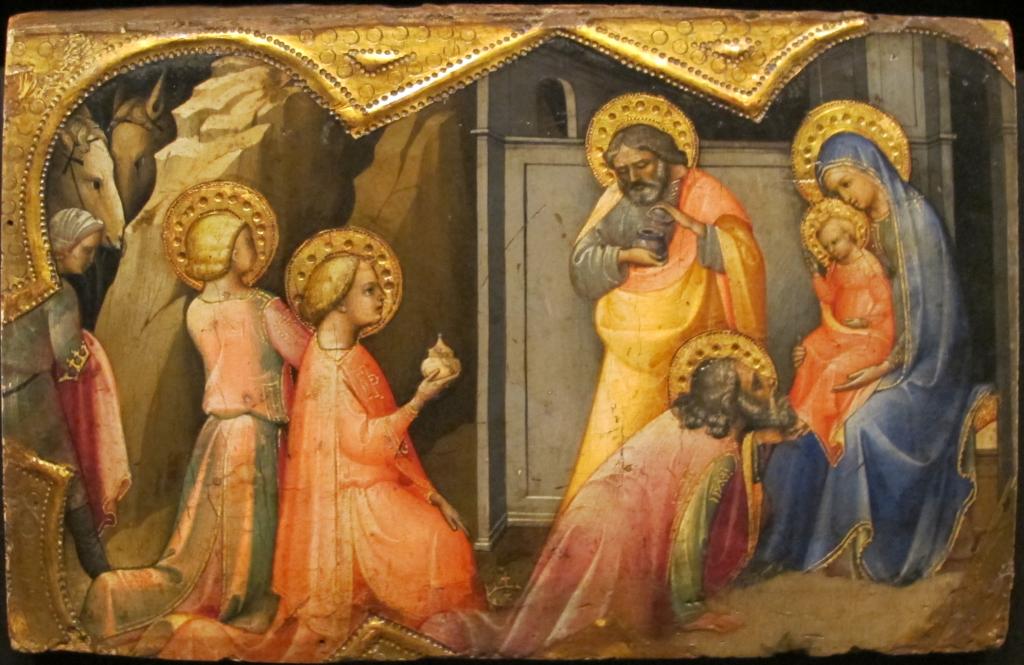
In many cases, those in need are also classified as marginalized or vulnerable; marginalized from the access, availability and use of the resources and services present in a community, and vulnerable to the social structures, economic systems, physical and political factors as well.
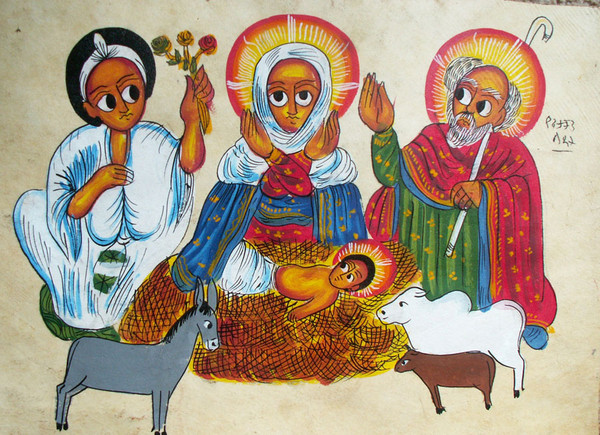
We at Episcopal Relief & Development find our mandate in the words of Jesus, as he instructs us to be a welcoming, loving presence to the ‘other.’ It’s a mandate we share with our local church partners, who are in the unique position to recognize where and how we as a faith community can be witness to Christ’s love. The Church has the expansive presence and established trust around the world to connect with vulnerable populations and serve them with dignity.
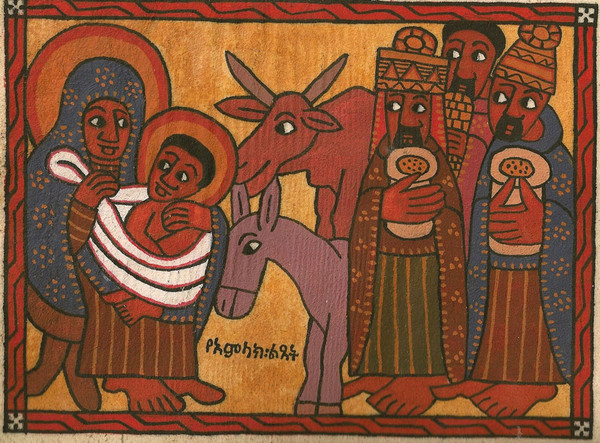
In the last year, we have seen disenfranchised Haitian migrant workers being served by the church in the Dominican Republic; we have seen faithful congregations across Europe sharing collective assets with those seeking refuge in safer shores; we have seen church leaders in Liberia and India extend their pastoral role by amplifying the voices of those whom society ignores; and we have seen the poor, the widowed and the differently abled being supported by local churches in Burundi, Myanmar and El Salvador in the aftermath of floods, cyclones and conflict… the list could go on.
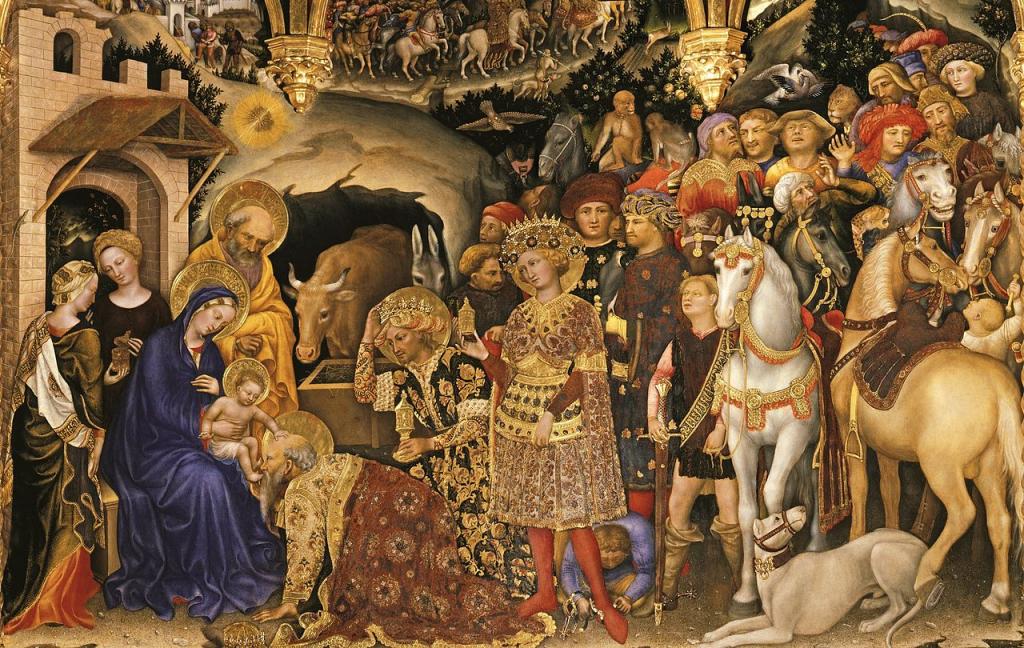
As we approach the Christmas season, we are again reminded of the story of the birth of Christ. Jesus is born to a marginalized family, and soon after, in fear of death, they flee their homeland as refugees. It is really not that different from some of the stories we read in today’s newspapers. And, like the characters in Jesus’s birth story some 2,000 years ago, we are called to play similar roles:
- Sometimes we are called to be like the Three Kings, to share our bounty and bear gifts to those in need
- Sometimes we are called to be like the innkeepers, to open our homes and churches to provide hospitality to those in need
- Sometimes we are called to be like the shepherds, to stand in solidarity and to pray with those in need
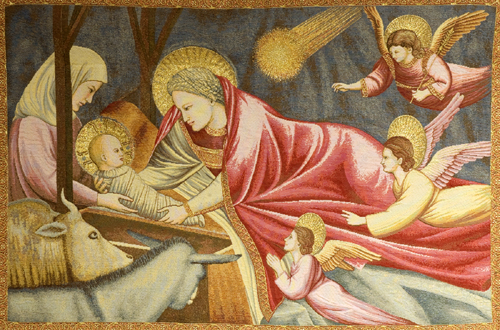
Christ, from his birth to his death, has identified himself with those on the margins, those in the minority and those who live exposed to natural forces and to human cruelty or neglect. This season, let us give thanks for the gift of God in Jesus Christ, who calls us to what theologian Howard Thurman names ‘the work of Christmas’:
When the song of the angels is stilled,
when the star in the sky is gone,
when the kings and princes are home,
when the shepherds are back with their flocks,
the work of Christmas begins:
to find the lost,
to heal the broken,
to feed the hungry,
to release the prisoner,
to rebuild the nations,
to bring peace among the people,
to make music in the heart.
——————————

Nagulan Nesiah is a Senior Program Officer with Episcopal Relief & Development.
Images: Top, Lorenzo Monaco, Adorazione Dei Magi, 1409. Middle 1, the Nativity, Unknown Ethiopian Artist, Tempera/Acrylic on parchment, 30.5 x 39.5 cm. Middle 2, The Adoration of the Magi I, Unknown Ethiopian Artist, Tempera/Acrylic on leather, 16 x 21.5 cm. 1428. Middle 3, Adoration of the Magi, Palla Strozzi (1372-1462). Middle 4, This Italian nativity tapestry depicts the birth of Jesus Christ seen in a fresco by Giotto in 1304-6 at Padua. Last, graphic of North Star.
Healing the world starts with your story!
During the 75th Anniversary Celebration, we are sharing 75 stories over 75 weeks – illustrating how lives are transformed through the shared abundance of our partners and friends like you! We invite you to join us in inspiring our vibrant community by sharing your own story!




